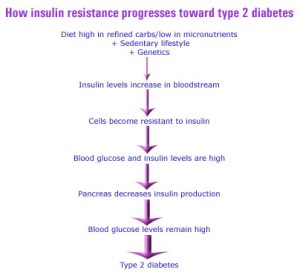Fish Oil and Diabetes

Fish Oil and Diabetes
Fish oil is a helpful supplement to take in order to maintain your diabetes properly. It can also be a great dietary supplement to take, not only for diabetes, but for many other different medical conditions in order to help stabilize these .
Diabetes is caused by insufficient insulin production or lack of responsiveness to insulin, resulting in hyperglycemia (high blood glucose levels). There are 2 primary types of diabetes mellitus, type I (insulin-dependent or juvenile-onset), which may be caused by an autoimmune response, and type II (non-insulin-dependent or adult-onset). Diabetes insipidus is typically due to hormonal dysregulation. While fish oil supplementation does not provide a cure for type I or type II diabetes a diet high in fish oil may help to treat or alleviate many of the health disorders and risks associated with diabetes. Thus being why fish oil is good for diabetics to take on a regular basis.
Fish oil is a great supplement because it can help lower your blood glucose levels and also help clean out your system therefore being able to allow yourself to take care of your body and live a healthier life. Research demonstrates that including fish oil into your diet, reduces the risk of coronary heart disease considerably.
Effects of Fish Oil and Diabetes
People tend to think that fish oil has no detrimental effect on diabetic patients, however it has been documented and known that fish oil can help lower your triglycerides and should be considered helpful in managing diabetes. People with diabetes are also exposed to the risks of suffering from cardiovascular diseases. Consequently, any form of dietary intervention like fish oil would significantly work to lower blood pressure and the risk of heart disease, in addition to lowering the levels of triglycerides in blood. Fish oil and diabetes is a great thing that goes hand in hand with knowledge and being able to take care of your diabetes.




